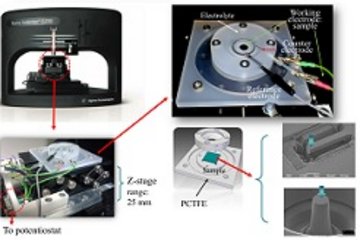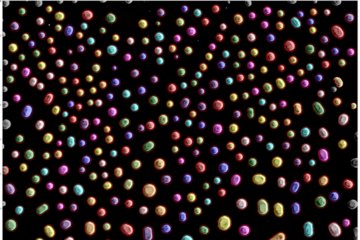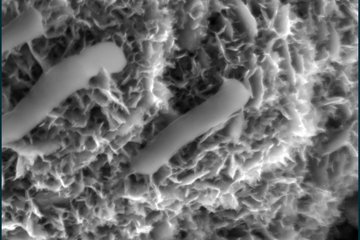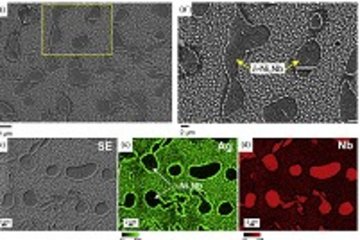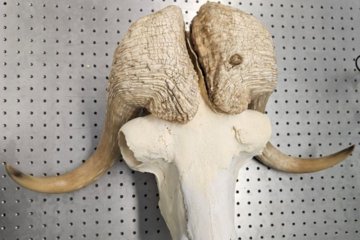All genres
501.
Talk
Ab initio up to the melting point: Influence of vacancies and explicit anharmonicity. PAW workshop 2007, Goslar, Germany (2007)
502.
Talk
Magnetic effects in solids: Results of analytical considerations. PAW workshop 2007, Goslar, Germany (2007)
503.
Talk
Hydrogen in Mn-rich steels. PAW workshop 2007, Goslar, Germany (2007)
504.
Talk
A plane-wave approach to real-space properties of semiconductor nanostructures: Electronic states, strain profiles and piezoelectric fields. PAW workshop 2007, Goslar, Germany (2007)
505.
Talk
Phase transformation of Ni_2MnGa shape memory alloy from first principles: The pre-martensitic transition. PAW workshop 2007, Goslar, Germany (2007)
506.
Talk
First ab initio determination of the phase transformation of Ni_{2}MnGa: The pre-martensitic transition. e-MRS 2007 Fall Meeting, Warsaw, Poland (2007)
507.
Talk
From ab initio to materials properties: Accuracy and error bars of DFT thermodynamics. Euromat 2007, European Congress on Advanced Materials and Processes, Nürnberg, Germany (2007)
508.
Talk
Ab initio prediction of structural and thermodynamic properties of magnetic shape memory alloys. Euromat 2007, European Congress on Advanced Materials and Processes, Nürnberg, Germany (2007)
509.
Talk
Ab initio investigation of temperature dependent effects in Ni_{2}MnGa: The pre-martensitic transition. Convention of the SPP 1239, Castle Eichholz in Wesseling, Germany (2007)
510.
Talk
Research at the department of Computational Materials Design. Visit of the Steering Committee of IISI project “India 2020”, MPIE Duesseldorf, Germany (2007)
511.
Talk
Research at the department of Computational Materials Design. Guided Tour through the MPIE, MPIE (2007)
512.
Talk
Determination of symmetry-reduced structures by a soft-phonon analysis in magnetic shape memory alloys. Physics Seminar of Loughborough University, Loughborough, UK (2007)
513.
Talk
Application of the 8-band k.p-formalism to semiconductor nanostructures. Forschergruppentreffen Uni Bremen, Bremen, Germany (2007)
514.
Talk
Department of Computational Materials Design: Present activities and future research. Guided tour in the MPIE of IMPRS-SurMat, Duesseldorf, Germany (2007)
515.
Talk
Ab initio calculation of free energies and thermodynamic properties of fcc metals. Spring meeting of the German Physical Society (DPG), Regensburg, Germany (2007)
516.
Talk
Implementation and application of the k.p-formalism to electronic structure and Coulomb matrix elements. Spring meeting of the German Physical Society (DPG), Regensburg, Germany (2007)
517.
Talk
Ab initio determination of symmetry-reduced structures by a soft-phonon analysis in Ni_{2}MnGa. Spring meeting of the German Physical Society (DPG), Regensburg, Germany (2007)
518.
Talk
Ab initio prediction of structural and thermodynamic properties of magnetic shape memory alloys. Focus meeting of the SPP 1239: Fundamentals of the Magnetic Shape Memory Effect: Materials properties & simulations, Schloss Ringberg, Germany (2007)
519.
Talk
Implementation and application of a multi-scale approach to electronic properties of group III-nitride based semiconductor nanostructures. Workshop on Nitride Based Nanostructures, Berlin, Germany (2007)
520.
Talk
Ab initio prediction of structural and thermodynamic properties of metals. Seminar Abt. Jansen, MPI für Festkörperforschung, Stuttgart, Germany (2007)




